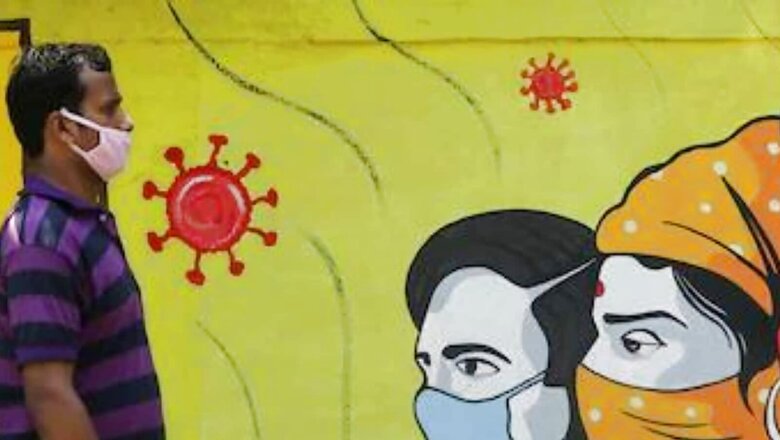
views
It’s been more than two years since the Covid-19 pandemic started wrecking havoc, and we are still not able to control it fully. While vaccinations have helped a lot in the management of the disease, the emergence of new variants and re-infection remains a cause of concern. Even after contracting the virus once, there are millions of people who got re-infected with Covid-19, and continue to catch the disease more than once.
Research has shown that for people who recover from the lethal Covid-19, their immunity tends to remain for about three months to a few years. But it always depends on the variants you are infected with.
Here are several reasons for re-infection:
- Virus mutations: It is known that viruses are programmed to mutate and the variants emerge because of the changes or the mutations in the virus’ genetic material. As a result, it makes them more contagious, transmissible, severe or even able enough to dodge vaccine-induced immunity. And, experts believe it can lead to a possibility of re-infection.
- Waning immunity: A study from October 2021 explained that after being infected with Covid-19, your body builds a strong resistance, remembers the virus particles and forms antibodies against it that keep you safe from possible reinfection, at least for about three months to five years.However, experts suspect when your body does not come in contact with the virus for a long time, the memory of the viral particles may fade and the production of antibodies may drop off, which is why your body’s immunity may decrease over time, leading to probable reinfections.
- New recombinant strains: As compared to earlier variants, experts believe Omicron is more severe in reinfecting people. A study by the Imperial College London’s Covid-19 response team shows that the risk of reinfection with Omicron is 5.4 times higher than with the Delta variant.
Although there is no proper data to explain how soon you can catch Covid-19 again, the Centers for Disease Control and Prevention (CDC) has said, “The latest data suggests that retesting someone in the 3 months (30-90 days) following initial infection is not necessary unless that person is exhibiting the symptoms of Covid-19 and the symptoms cannot be associated with another illness.”
Read all the Latest Lifestyle News and Breaking News here




















Comments
0 comment